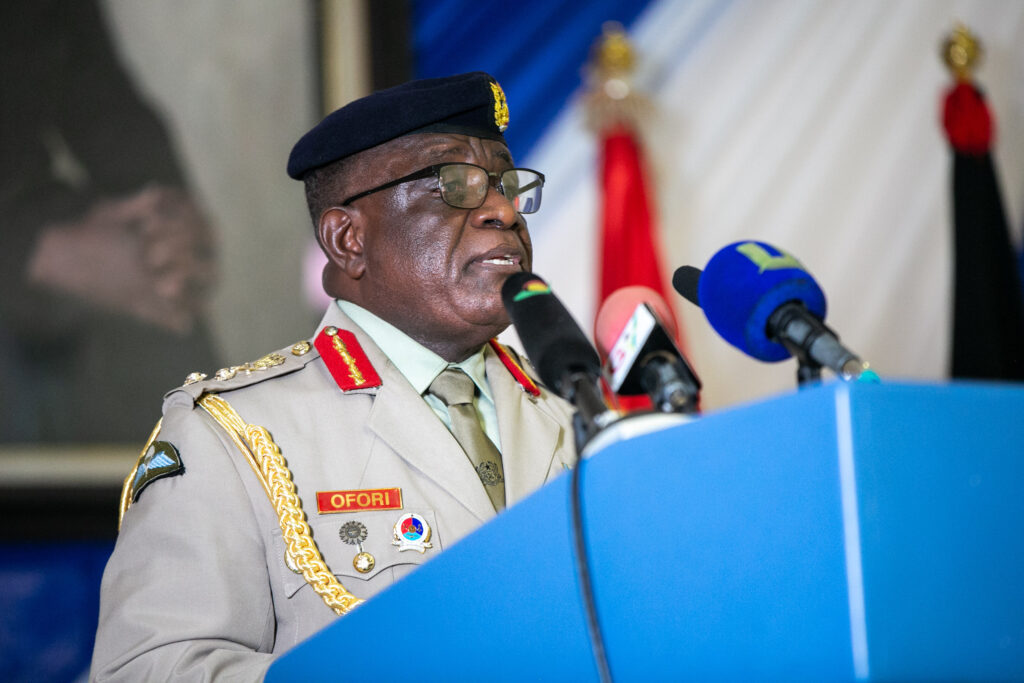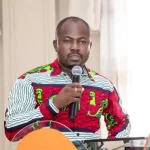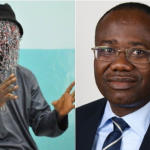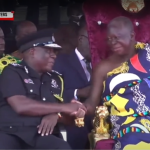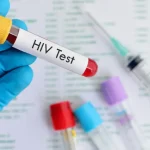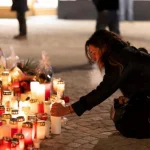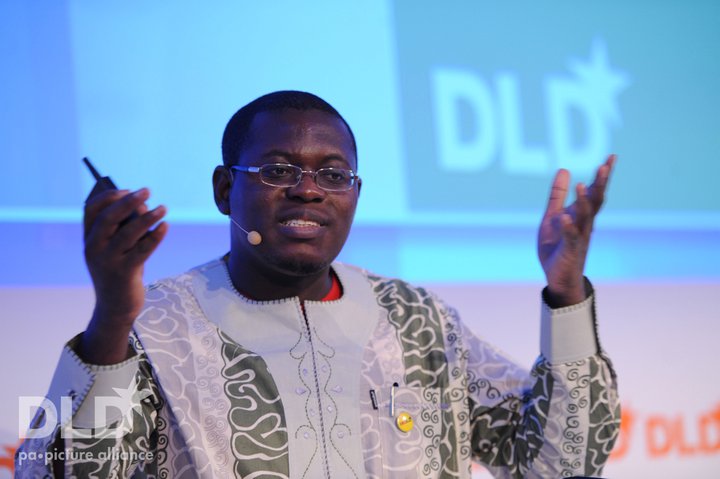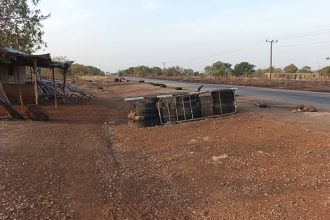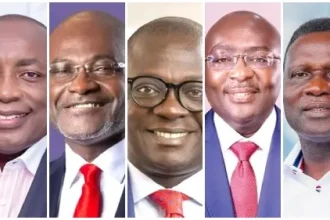West Africa government have been asked to provide resources for the implementation of national action plans (NAP) on UN resolution 1325 which reaffirms the important role of women in the prevention and resolution of conflicts.
The Special Representative of the Secretary-General for West Africa and the Sahel (UNOWAS), Dr Mohamed Ibn Chambas, who made the call observed that weak resource mobilisation and the non-allocation of state resources to the NAP, as well as delays in the implementation of national action plans, on resolution 1325, passed in 2000, due to restrictive measures were major obstacles to giving women a voice in conflict management.
“Women’s meaningful participation is vital to help de-escalate disputes, prevent conflicts and promote lasting and inclusive peace.
“Women’s meaningful participation in peace processes requires women to be able to participate in all stages of these processes,” he said at the 20th-anniversary celebrations of the declaration of the resolution that has amplified the role of women in prevention and resolution of conflicts.
He was speaking at a symposium organised by the Women, Peace and Security Institute of KAIPTC which has been at the forefront of the WSP implementation in Ghana and the Sahel region.
It was held on the theme; “Beyond 2020: Building Local Capacity to advance the WPS Agenda in West Africa and the Sahel”.
Resolution 1325 recognised the experiences of women in conflict and post-conflict situations, and also acknowledged the contributions and absence of women in the conflict resolution, prevention and peacebuilding process. The Resolution called on all stakeholders and actors, to ensure the mainstreaming of gender perspectives in all UN peace and security efforts. It further called for the empowerment of women, to ensure their inclusion in the prevention of conflict, and peacebuilding process.
With COVID-19 turning the world into a playground, crippling healthcare systems, shutting down businesses and turning global economies on their head, Dr Ibn Chambas noted that the commitment to equality and human dignity was also under threat.
With West Africa seen as a hotbed for violent conflicts and terrorism for which women and children remain the most vulnerable, there is a general consensus that more needed to be done to empower women.
According to the United Nations statistics, more than 800 cases of conflict-related sexual violence occurred in 2017. Female human rights defenders, political leaders, journalists and activists, who play an important role in addressing the root causes of conflict were targets of the attacks.
While women bore the brunt of conflicts worldwide, the Council on Foreign Relations data highlights that between 1990 and 2019, women worldwide constituted just 2% of mediators, 8% of negotiators and 5% of witnesses and signatories in all major peace processes.
But Dr Ibn Chambas noted that must change, but was also quick to celebrate some bright spots in some parts of the continent.
“West African and Sahelian women are already leading community efforts to prevent and mitigate conflict and build peace. They must therefore be able to bring that expertise and be able to fully and equally participate in all spaces.
“This includes as voters, community members, candidates, civil society leaders, religious figures, parliamentarians, and elsewhere. This does not just mean increasing numbers of women representatives. It also means ensuring a rights-based, gender equality lens and pursuing gender justice in all peace and political processes.
“As we all know, when women’s participation, rights and interests are at the centre of planning and monitoring peace processes and politics, everything changes. New perspectives are brought to the table, new constituencies are engaged, and solutions are more holistic, equitable, and sustainable,” he told the gathering of experts in peace, security and diplomats who attended the event at the Kofi Annan Peacekeeping Centre in Accra on Wednesday.
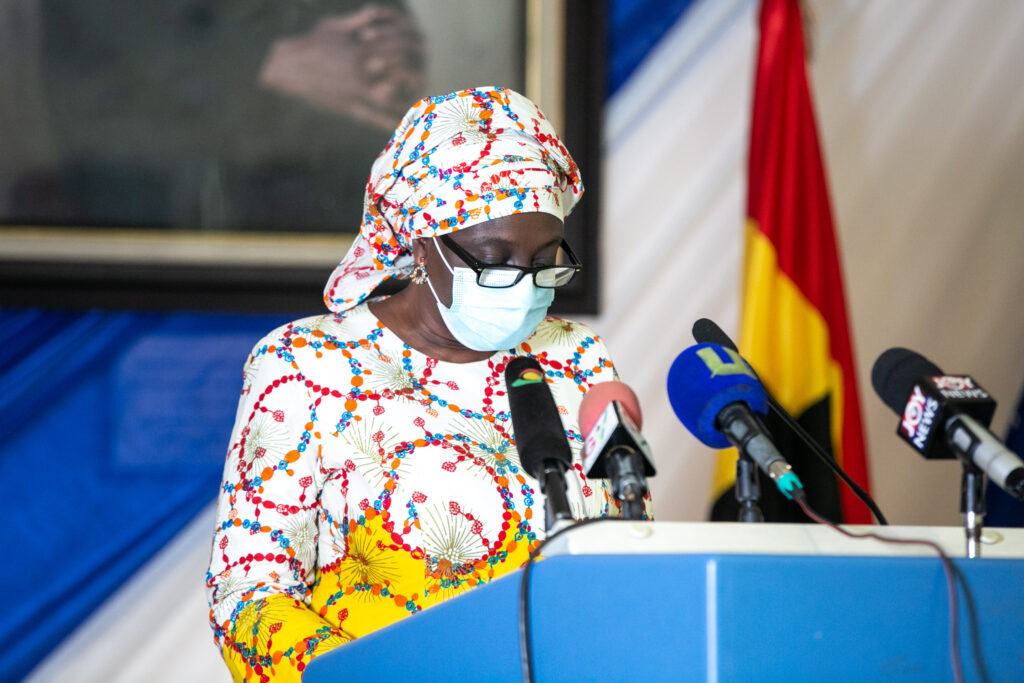
In her remarks, the ECOWAS Commissioner for Social Affairs and Gender, Dr Siga Fatima Jagne, was also worried about the progress made so far.
“Despite the modest progress made and all the existing mechanisms as well as international, continental and regional laws endorsed by most Member States in favour of women and girls, they continue to remain in worsening state of insecurity and some facing existential threats.
“Women’s level of contribution as critical stakeholders in conflict prevention, peacebuilding or as part of management in peacekeeping operations and post-conflict reconstruction in the region is still limited.
“There are also challenges regarding monitoring and effective reporting of the implementation of the NAPs compounded by emerging issues, such as Climate Change, Terrorism, Conflicts, Global Economic and Financial crises, increasing Inequality, Natural Disasters, Epidemic and Pandemics like the current COVID-19,” she said.
She was, however, quick to add that the ECOWAS Commission had focused on utilising the resolution as a practical guide for the development of frameworks that anchor its Conflict prevention and resolution work.
The Commandant of the KAIPTC, Major-General Francis Ofori, while acknowledging the contributions of the WSP paid glowing tributes to the WPSI which had been leading the implementation of the resolution in Ghana and other parts of the continent.
Among other things, the institute has participated, facilitated and organized several workshops, dialogue and capacity building sessions with policymakers, security agencies, lawmakers and politicians on various components of the UNSCR 1325.
“WPSI continues to strive through diverse ways to contribute and ensure full implementation of the WPS Agenda across the globe,” he added.
